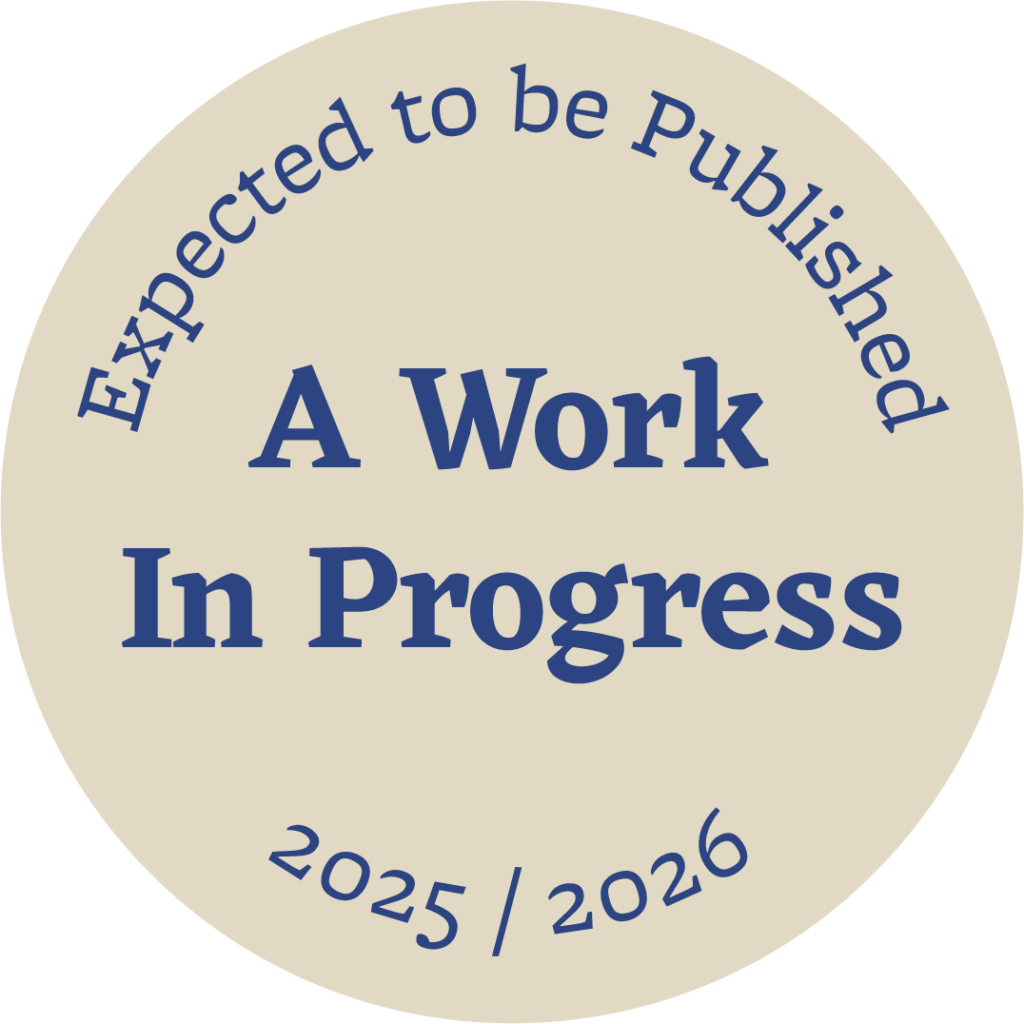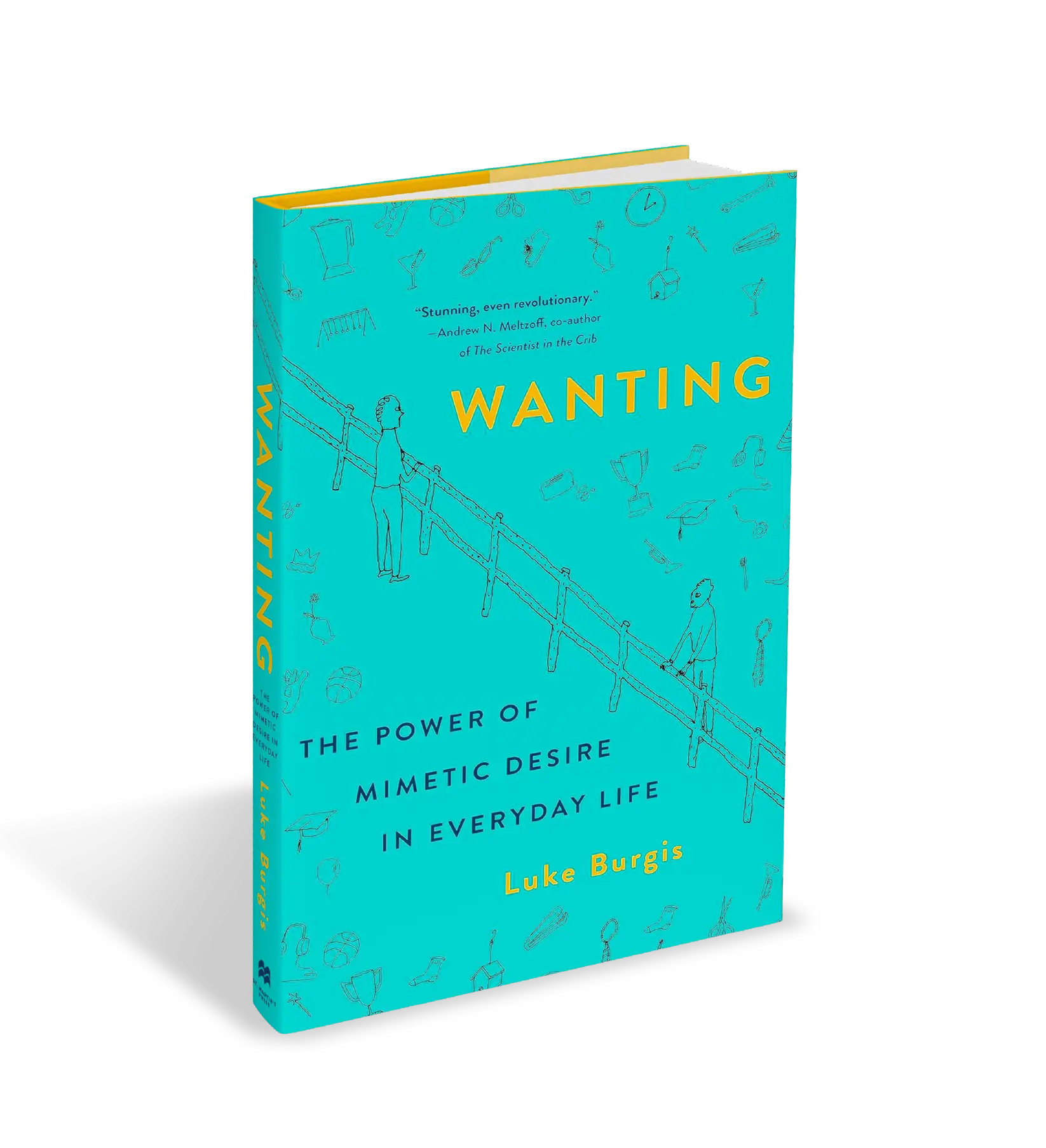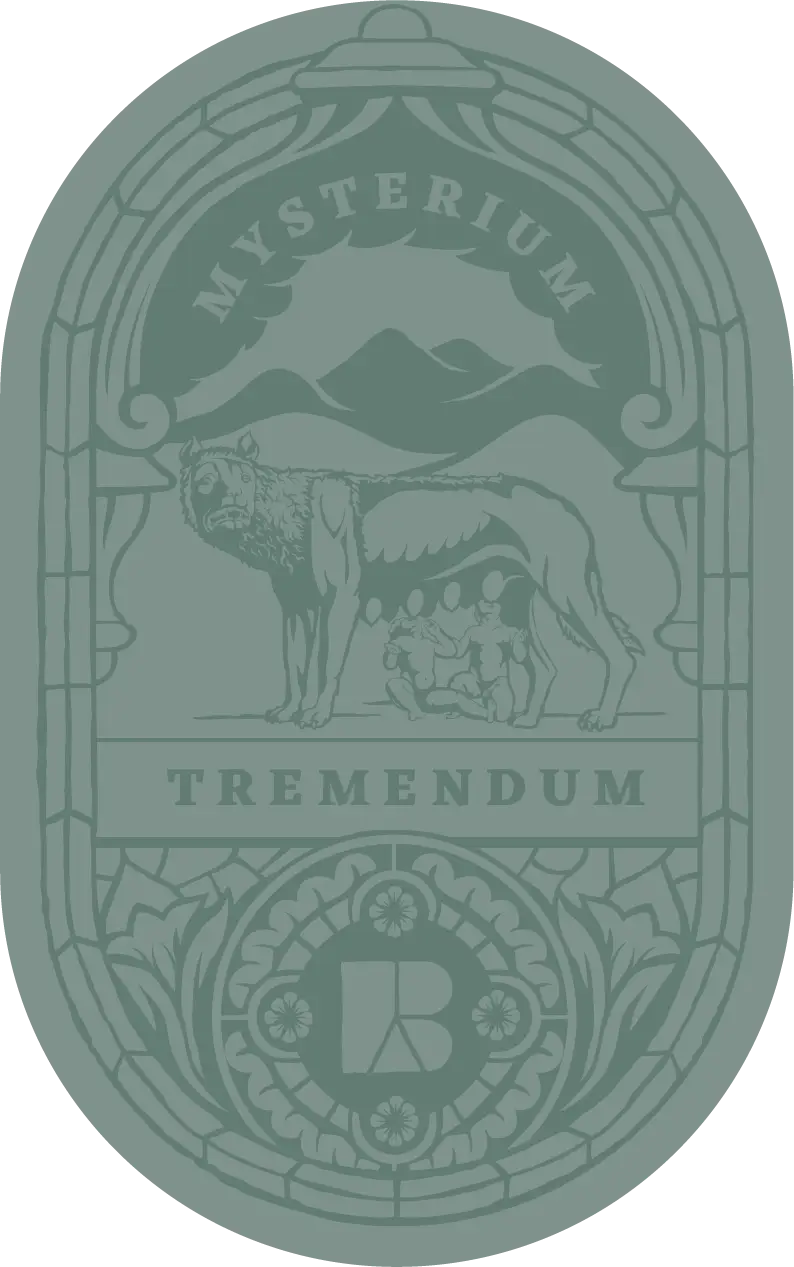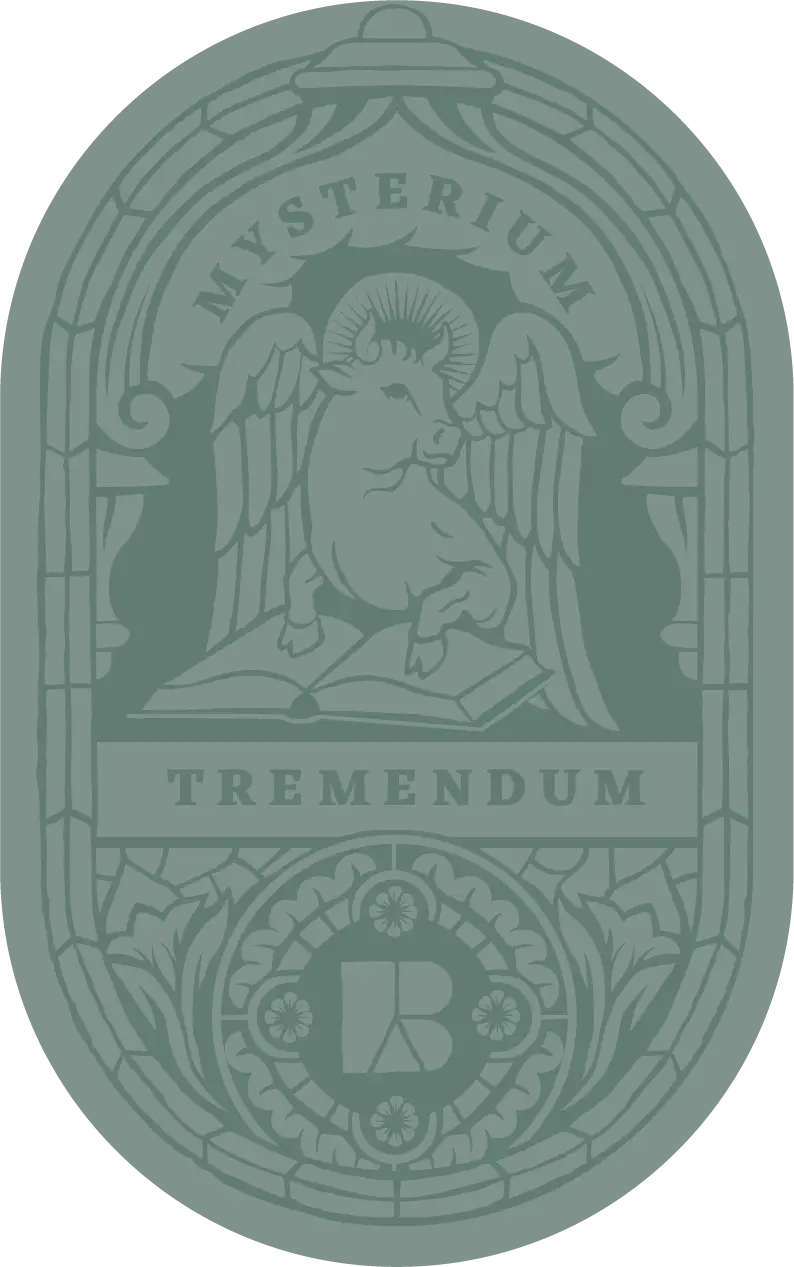

A groundbreaking exploration of how and why some people change radically and others don’t—and a roadmap to evolving in an uncertain world.
Why can one hundred people undergo the same experience but only one of them become profoundly transformed by it?
Ornette Coleman invented “free jazz”, but not before a radical encounter of empathy. A group of high school kids in Brooklyn rejected smartphones and changed the lives of all their peers. Dave Chappelle walked away from a $50 million TV deal and fled to South Africa, emerging nine years later as a different comedian.
This book is the story of what happened in between—and what we can learn from the critical rites of passage that these people, and many others, have undergone. It is about the art of change—from creative maturation to religious conversion to organizational transformation.
Burgis argues that most people have never undergone the rituals which, for our ancestors, affected their entire lives. Weaving compelling stories with practical advice, he shows that this type of profound change is available to everyone.
Expected to be Published – Summer 2025




Why do you want the things you want?
Desire: it’s ubiquitous, social, contagious, and malleable. People unconsciously imitate the desires of others—and therefore they value jobs, spouses, brands, moral viewpoints, and even themselves according to what other people want. This phenomenon has been exploited by internet trolls, politicians, and ad agencies, but it was never fully explained until the French thinker René Girard uncovered the mystery of mimetic desire. In his new book, Luke Burgis draws on his experience as an entrepreneur fluent in classical philosophy to look inside the fascinating world of human desire.
Wanting is a groundbreaking exploration of why we want what we want, and a toolkit for freeing ourselves from chasing unfulfilling desires.
Gravity is a powerful force that affects every aspect of our physical being. But there’s a psychological force just as ubiquitous. It’s responsible for bringing groups of people together and pulling them apart, making certain goals attractive to some and not to others, and for the escalation of interpersonal rivalries. Luke Burgis draws on the work of French polymath René Girard to bring this hidden force to light and shows how it shapes our lives and societies.
René Girard, called the “Darwin of the social sciences,” discovered that humans don’t desire anything individually, entirely on their own, but mimetically—they imitate the desires of others, which causes them to pursue people, places, and things, even their very identity, based on what other people model as desirable.
Wanting shows how anxiety and conflict comes not from our differences, but from our sameness. Because we learn to want what other people want, we are on a collision course with one another unless we understand what’s driving us.
Like our gravity-defying missions to space, we don’t have to be passive in the face of mimetic desire. We are free to choose our response to it. That starts with knowing how it works. Those who do have a responsibility to be leaders who are intentional about how they affect the desires of others.
Drawing on his experience as an entrepreneur, teacher, and student of classical philosophy and theology, Burgis shares tactics for counteracting the destructive forces of mimetic desire. We can turn blind wanting into intentional wanting―not by trying to rid ourselves of desire, but by desiring differently. It’s possible to achieve more independence from trends and bubbles, to be more in control of the things we want, and to find more meaning in our work and life by working with rather than against others to build a better world.
The future will be the one that we want. This book is about how we’ll come to want it.

Who Wanting is for:
Internal conflict is almost always a greater threat than external competition. Discover the causes of conflict and transform them into a force of unity.
The family is the first place where people learn what—and how—to want. Parents have the awesome responsibility of helping to plant and cultivate the soil of desire.
Our bipolar politics is a classic double bind—two parties obsessed with one another and imitating the other so fiercely that truth has been eclipsed.
Education used to be about forming desire (the Greek paideia). Now it’s about forming good tech workers. What do we want it to be in the future?
Business is about creating value for others—and no business creates value when it’s locked in mimesis, both internal and external. Wanting helps companies identify imitation and embrace innovation.
Each of us, in some way or another, alienated from our deepest desires. Wanting helps cut through the cultural morass to help distinguish what we think we want from what we really want so that we can live authentic lives pursuing the things that will truly bring fulfillment.













Keep up to date with what I’m thinking and writing about. I publish to Substack on a weekly basis.
All rights reserved Luke Burgis / Fourth Wall Ventures, LLC 2019-2024 ©







Please note that due to the number of emails that we receive, we cannot respond to every one.